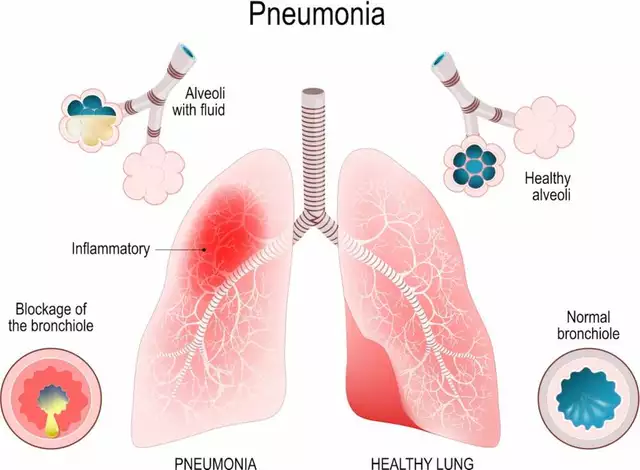Respiratory infection: spot it fast and handle it smart
A cough, shortness of breath, or a chesty feeling usually means your respiratory tract is fighting something. Most of the time it’s viral — antibiotics won’t help. Knowing when a cough is harmless and when it needs medical care makes a big difference. Read on for simple, practical steps you can use today.
How to tell what you’re dealing with
Viral infections usually start with sore throat, runny nose, mild cough, low fever, and improve in a week or two. Bacterial infections often bring a high fever, worsening symptoms after a few days, or thick yellow/green phlegm. If you have asthma or COPD, even a mild viral infection can feel severe.
Look for red flags: trouble breathing, chest pain, confusion, high fever (over 39°C/102°F), or symptoms that rapidly get worse. These signs mean you should seek care now.
What actually helps — and what doesn’t
Rest, fluids, steam, and fever reducers (like acetaminophen or ibuprofen) ease symptoms. For cough, honey (for adults and kids over 1) and simple throat lozenges work better than many cough pills. If you smoke, stop — it makes recovery slower and increases complications.
Antibiotics are only for bacterial infections. Your clinician will decide based on exam, duration, and sometimes tests. If they prescribe one, take the full course and watch for side effects. For info on common respiratory antibiotics, check our guide on Erythromycin.
If you already have inhaler-based disease, make sure your rescue and controller inhalers are current. Choosing the right inhaler and cost matters — read our comparison: Advair vs Breztri: Inhaler Copays and Real Savings Compared. For older adults with chronic lung problems, follow a clear action plan and keep follow-up visits: see Effective Management of Obstructive Pulmonary Disease in Older Adults.
If an eye drops antibiotic like Vigamox is on your mind, remember it treats eye infections only — not chest infections. For details, see Where to Buy Vigamox Online.
Short courses of prescribed oral steroids sometimes help severe wheeze or COPD flare-ups, but they carry risks. Use them only under medical advice.
Home oxygen, nebulizers, or nebulized bronchodilators help some people with advanced lung disease. Your doctor or respiratory therapist should guide proper use.
Prevention is straightforward: get seasonal flu and COVID vaccines, avoid close contact with sick people, wash hands often, and keep indoor air moving. If you have asthma, control it year-round — that lowers your risk of serious infection.
When in doubt, call your clinic or use telemedicine. Quick advice can stop a mild cough from turning into something that needs a hospital visit. If you want deeper info on symptoms, treatments, and local medication options, browse our respiratory tag posts for clear, practical reads.




